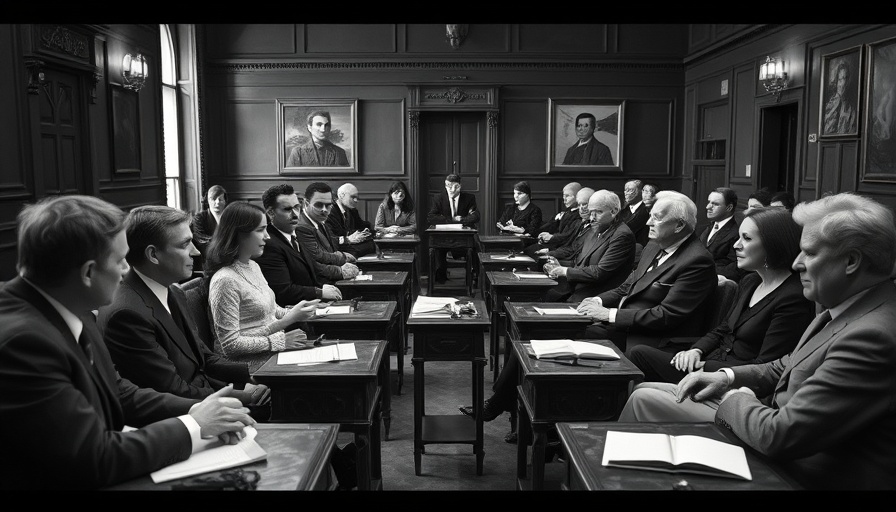
The Distrust of Experts: A Growing Concern
In the realm of public opinion, trust is a fragile commodity. Recent correspondence at The Free Press has brought forth crucial reflections on the trust deficit in elite institutions, particularly in the wake of the COVID-19 pandemic. As Rob Henderson points out in his response to Tyler Cowen, the disconnect between perceived 'experts' and the elite raises critical questions not only about the validity of expert opinions but also about their alignment with public sentiment. This skepticism is not unfounded; it stems from observable instances where elitist advice seemed inconsistent with practical realities faced by ordinary citizens.
The Double Standard Dilemma
A significant moment cited in Henderson’s argument is the summer of 2020 when many public health officials, who advocated for strict lockdown measures, shifted their stance to support mass gatherings for Black Lives Matter protests. This abrupt change left many questioning the sincerity and science behind the previous restrictions, effectively altering public perception about the pandemic's seriousness. If social gatherings were permissible under certain political conditions, why should individuals adhere strictly to the earlier imposed boundaries?
This perception of hypocrisy fueled a fear that the elite's views were politically motivated rather than grounded in scientific evidence. It was not merely misinformation or ignorance that led some to resist vaccines; it was a burgeoning skepticism of the authority that dictated those health policies. Their reluctance represents a broader trend—an increasing wariness of the 'experts' who are expected to guide them through crises.
Understanding the Elite-Expert Divide
The clarion call from critics like Henderson is for a distinction between experts and elites. While some might view them as interchangeable, this perspective overlooks the nuances in their influence. Elites often wield vast power and visibility, shaping public discourse and perceptions based on prestige rather than empirical data. When moral overtone becomes a driving force, it frequently leads to the sidelining of reasoned solutions. As experts struggle to advocate for evidence-based policies, elites may prioritize their narratives, often at the expense of public trust.
This highlights a critical need for transparency and accountability in how information is presented and public discourse is shaped. Recognizing the disparity between powerful opinion and true scientific guidance is essential for fostering genuine public trust in institutions.
The Consequence of Elitism in Governance
As a society, we must grapple with the ramifications of allowing elitist opinions to dominate critical discussions on health and policy. This disconnect not only sows discord but creates an environment where misinformation can thrive. Henderson's critique is a call to action for the public to engage critically with both elite narratives and the evidence presented by experts. This engagement can empower individuals to discern the validity of information and understand its implications for their lives.
Looking Towards the Future
As we move forward, building a culture that encourages accountability from elites and better integration of expert opinions into policy discussions will be paramount. Citizens must foster dialogue that cuts through elitist narratives, demanding a return to grounded, transparent information that reflects real-world experiences. The current environment calls for a renewed commitment to earning public trust—one understanding that experts and elites interplay, but must not overshadow the critical discussions necessary for a truly informed populace.
In conclusion, the ongoing discourse calls for heightened awareness among top wage earners in cities like Philadelphia. As influential decision-makers, they should reflect critically on who shapes their perspectives and policies. Understanding the distinction between experts and elites could very well serve as a foundation for restoring trust in our institutions.
 Add Row
Add Row  Add
Add 




Write A Comment